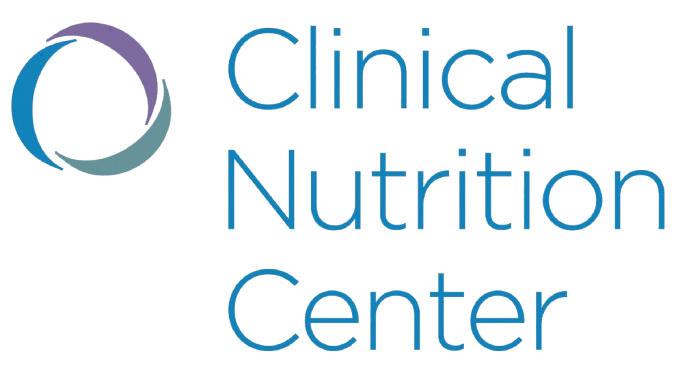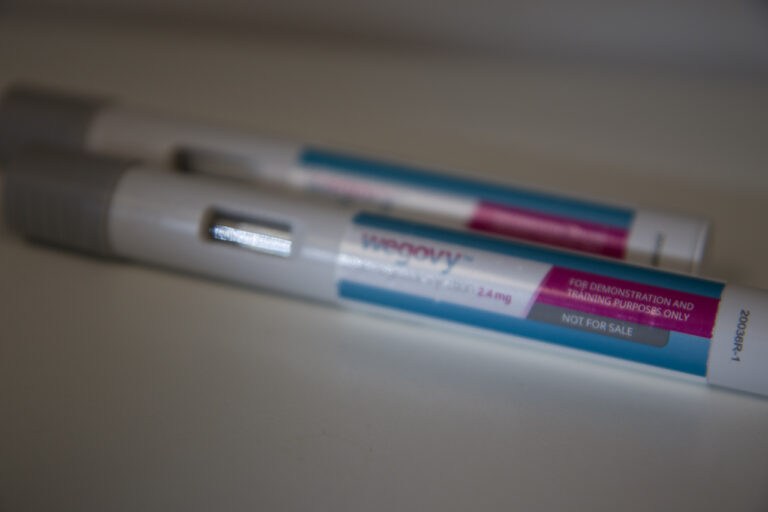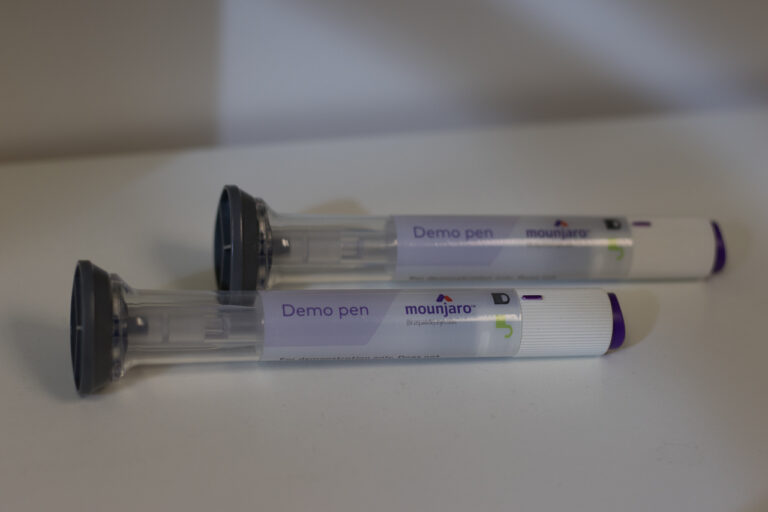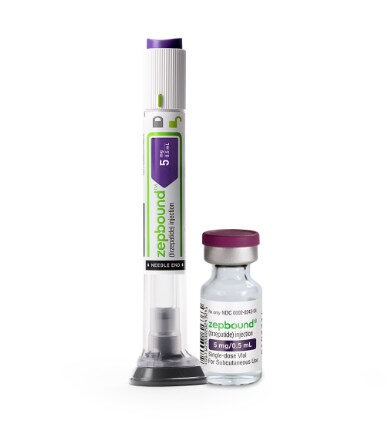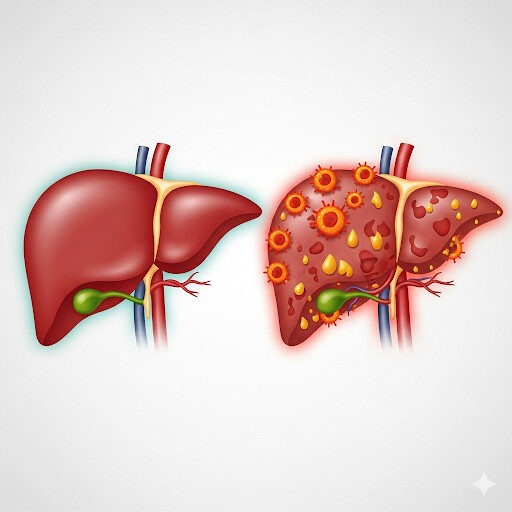
Is Your Liver Telling a Story? Understanding MASH
You may have heard a lot about how weight affects your heart, joints, and even your mood. But what about your liver? Our liver is a powerhouse organ, working tirelessly to filter our blood, store energy, and help with digestion. Sometimes, though, it can face a challenge called MASH.
What is MASH?
MASH stands for Metabolic dysfunction-associated steatohepatitis. That’s a mouthful, so let’s break it down. “Metabolic dysfunction” means there’s a problem with how your body uses energy. “Steato” refers to fat, and “hepatitis” means inflammation of the liver. So, in simple terms, MASH is a condition where fat builds up in your liver, causing inflammation and damage. An older term for MASH was fatty liver disease, or NASH.
Why is MASH Important to You?
MASH isn’t just a minor issue. It’s a serious condition that can be a silent threat to your health. Over time, the constant inflammation can lead to a type of scarring in the liver called fibrosis. If this scarring becomes severe, it can turn into cirrhosis, a condition where the liver is damaged and can’t work properly. Cirrhosis can lead to liver failure and, in some cases, even liver cancer.
MASH is very common, especially among patients with obesity and diabetes. In fact, if you have either of these conditions, it’s very important to be aware of your liver health.
How Do We Check for MASH?
Because MASH often has no symptoms in its early stages, a simple blood test is one of the best ways to screen for it. One test we often use is called the FIB-4 score. This score uses the results from a few standard blood tests to estimate how much scarring might be in your liver. If your FIB-4 score is above 1.3, it can be a sign that you might have liver scarring and that we need to look closer. We regularly include this test in our comprehensive lab panels at CNC.
What Are the Treatment Options?
The good news is that MASH can be managed and even improved. One of the most powerful tools we have is weight loss. Losing just 10% of your body weight can significantly reduce the amount of fat and inflammation in your liver.
Beyond weight loss, there are other treatment options that may be helpful, and we will discuss what’s right for you. These can include:
- Vitamin E: This vitamin has been shown to reduce inflammation and oxidative stress in the liver. Note vitamin E is not recommended if you have diabetes, and may increase other risks. Talk to your doctor before starting vitamin E.
- Metformin and Actos: These medications, often used for diabetes, can also help improve insulin resistance, which plays a role in MASH.
- GLP-1 medications like Semaglutide: These are the same medications we use for weight loss and diabetes, and they have also been shown to improve liver health in patients with MASH.
Take Action for Your Liver Health
Your liver health is a key part of your overall well-being. Knowing your FIB-4 score is the first step.
We encourage you to talk to your provider at CNC about your liver health. We can review your recent lab results, discuss your FIB-4 score, and create a personalized plan to help you on your journey to a healthier you—and a healthier liver.

